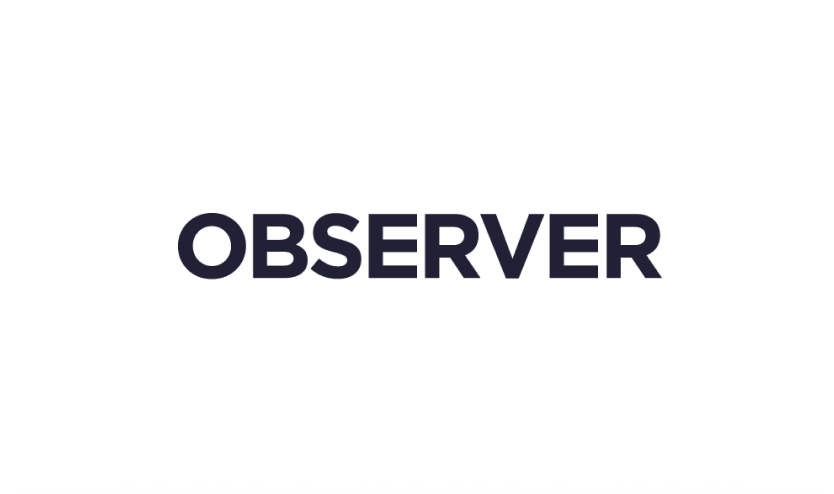How to Leave Your Job Gracefully (Email Template Included)
Leaving your job can be weird. You might feel happy, nervous, or even a little scared. That’s okay — it just means you care. The important thing is to leave in a way that shows respect and kindness.
In this post, I’ll walk you through how to send a resignation email that helps you leave on good terms. I’ll also give you an easy resignation email template you can copy, plus a few simple examples and tips to make your goodbye feel right.
1. Talk to your boss first
Before you write your resignation email, have a quick chat with your boss. It can be face-to-face or on a call. You could say something like:
“Hey, I’ve really enjoyed working here, but I’ve decided it’s time for me to move on. I wanted to let you know first before sending my formal email.”
This small step shows respect. It gives your boss time to plan your exit properly.
According to Indeed’s Career Guide, most companies appreciate a notice of at least two weeks (Indeed, How To Write a Resignation Letter, 2024).
2. Keep your email short and kind
Your resignation email doesn’t have to be long or fancy. Think of it as a thank-you message. You’re letting your boss know you’re leaving, thanking them for the time you worked there, and offering to help before you go.
Keep it friendly. Avoid blaming or complaining. This isn’t the time to talk about what went wrong — it’s your chance to leave a good final impression.
Resignation Email Template (Easy Example)
Here’s a simple email resignation format sample you can use:
Subject: Resignation — [Your Name]
Dear [Manager’s Name],
I hope you’re doing well. I’m writing to formally resign from my position as [Your Job Title] at [Company Name]. My last working day will be [Date].
I want to thank you for the support and opportunities you’ve given me during my time here. I’ve learned a lot and truly value the experience. I’ll do my best to complete my work and assist in the transition before my last day.
Thank you again for everything.
Best,
[Your Name]
3. A few quick writing tips
Here’s how to make your resignation email example sound friendly and professional:
Start with a clear subject line (for example, “Resignation — Sarah Ahmed”).
Be polite — use words like “thank you,” “grateful,” and “appreciate.”
End with a warm closing like “Best regards” or “Sincerely.”
It’s like saying goodbye to a teacher you respect — polite, honest, and kind.
4. Help your team before you go
If you can, make your handover easy. Think of it like passing the ball in a game — you want your teammate to catch it without dropping it.
You can:
Create a short list of your daily tasks
Share helpful notes or files
Offer to train your replacement
According to the Harvard Business Review, employees who leave thoughtfully are more likely to get good references and stay connected with their old teams (How to Leave Your Job Gracefully, 2023).
5. Say goodbye to your team
Before your last day, send a quick thank-you note to your coworkers. Here’s a friendly resignation email format sample you can tweak for your goodbye message:
Subject: Thank You, Team ❤️
Hey everyone,
I just wanted to say thank you for the fun, teamwork, and lessons.
Working here has been a great experience, and I’ll always remember it fondly.
Feel free to stay in touch — you can find me on LinkedIn at [Your LinkedIn Link].
Wishing you all the best,
[Your Name]
This kind of note makes people smile — and keeps your reputation positive.
6. Stay in touch after you leave
Don’t vanish after your last day.
Stay connected on LinkedIn, drop a kind comment on your old company’s posts, or send a “Congrats!” message when a former teammate gets promoted.
LinkedIn’s research shows that most people find new jobs through their network, not job boards (LinkedIn, The Most Common Way People Find Jobs, 2024). So keeping in touch can literally help your career later.
7. Remember: kindness lasts longer than titles
Leaving your job doesn’t have to be dramatic. It can be graceful, warm, and simple.
Here’s a quick recap:
Talk to your boss before sending your resignation email
Use a clear resignation email template
Offer to help before leaving
Send a polite goodbye note
Stay in touch
You don’t need fancy words or big speeches — just honesty and kindness.
That’s what people will remember about you.
Final Advice from Chase
Leaving gracefully is like closing a good book. You finish it, you smile, and you move on to the next one — grateful for what you learned along the way.
References:
Indeed Career Guide, “How To Write a Resignation Letter,” 2024
Harvard Business Review, “How to Leave Your Job Gracefully,” 2023
LinkedIn, “The Most Common Way People Find Jobs,” 2024


























